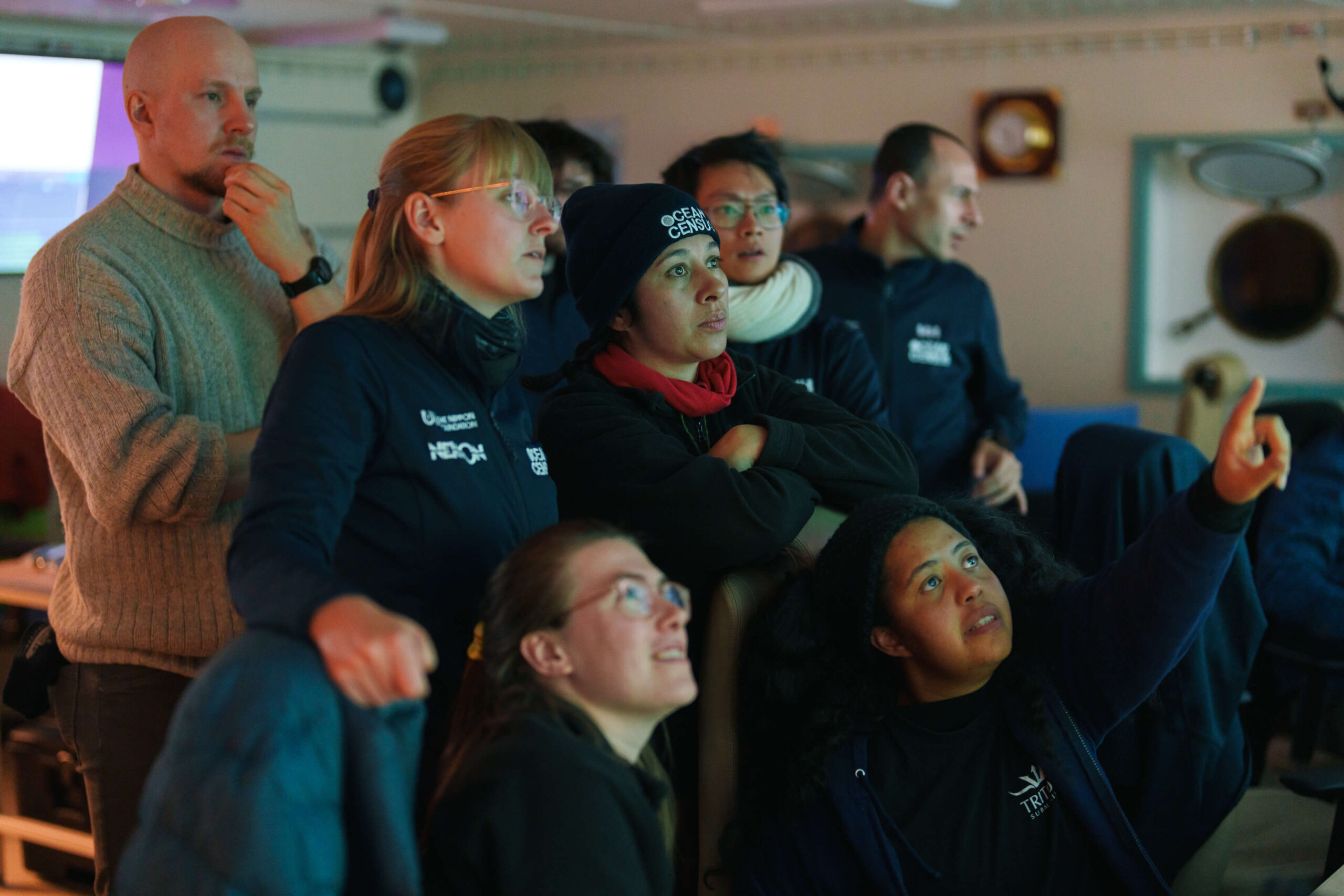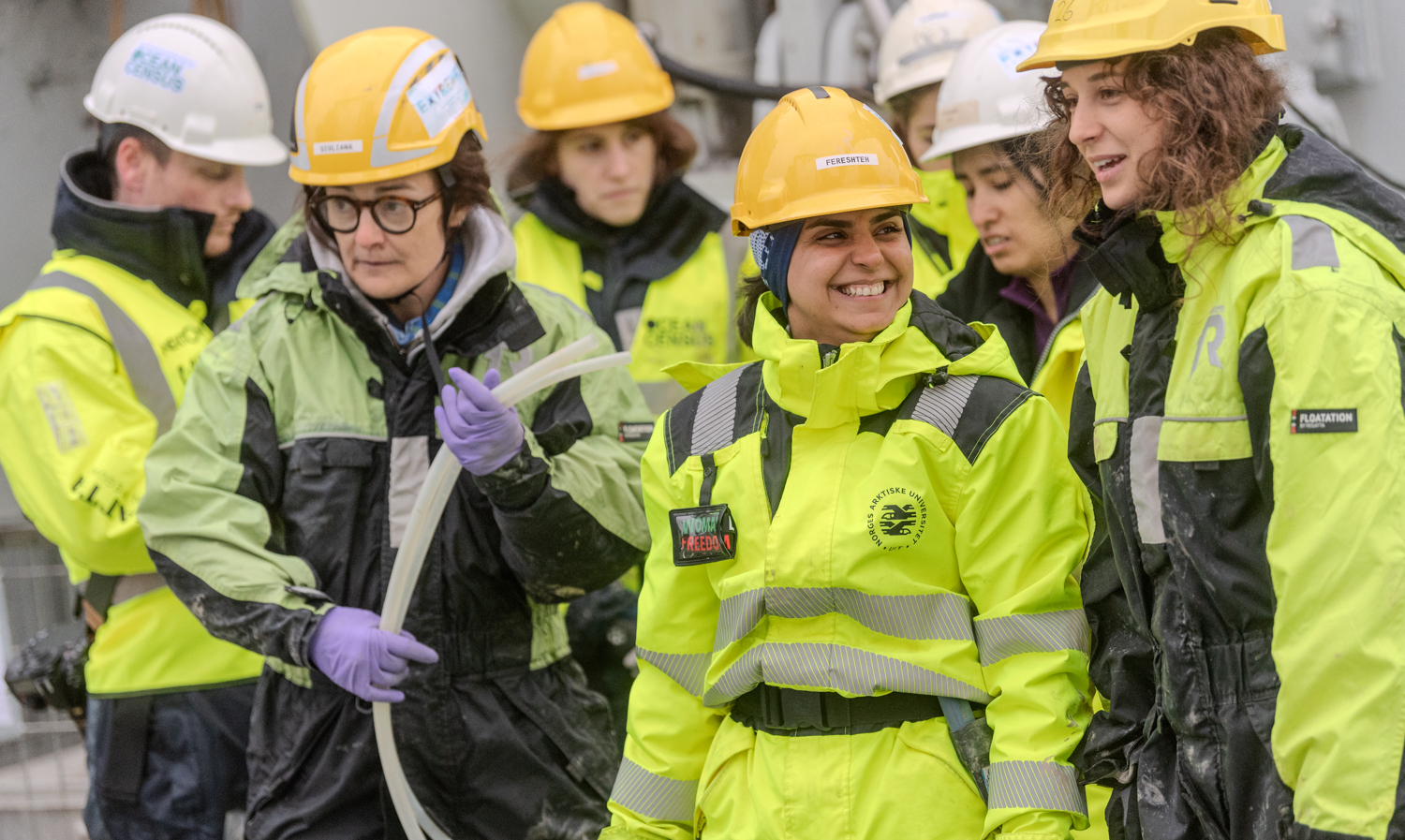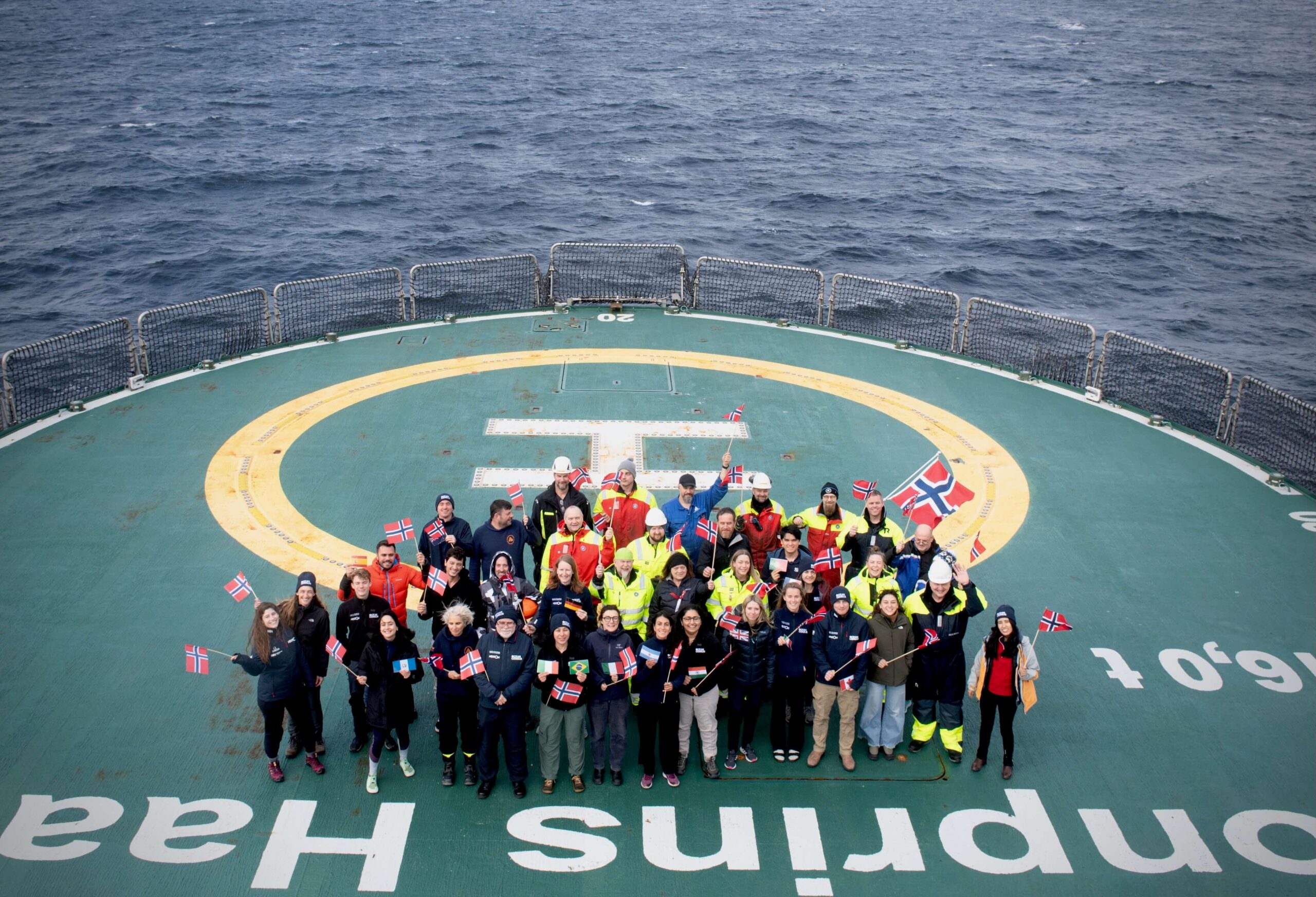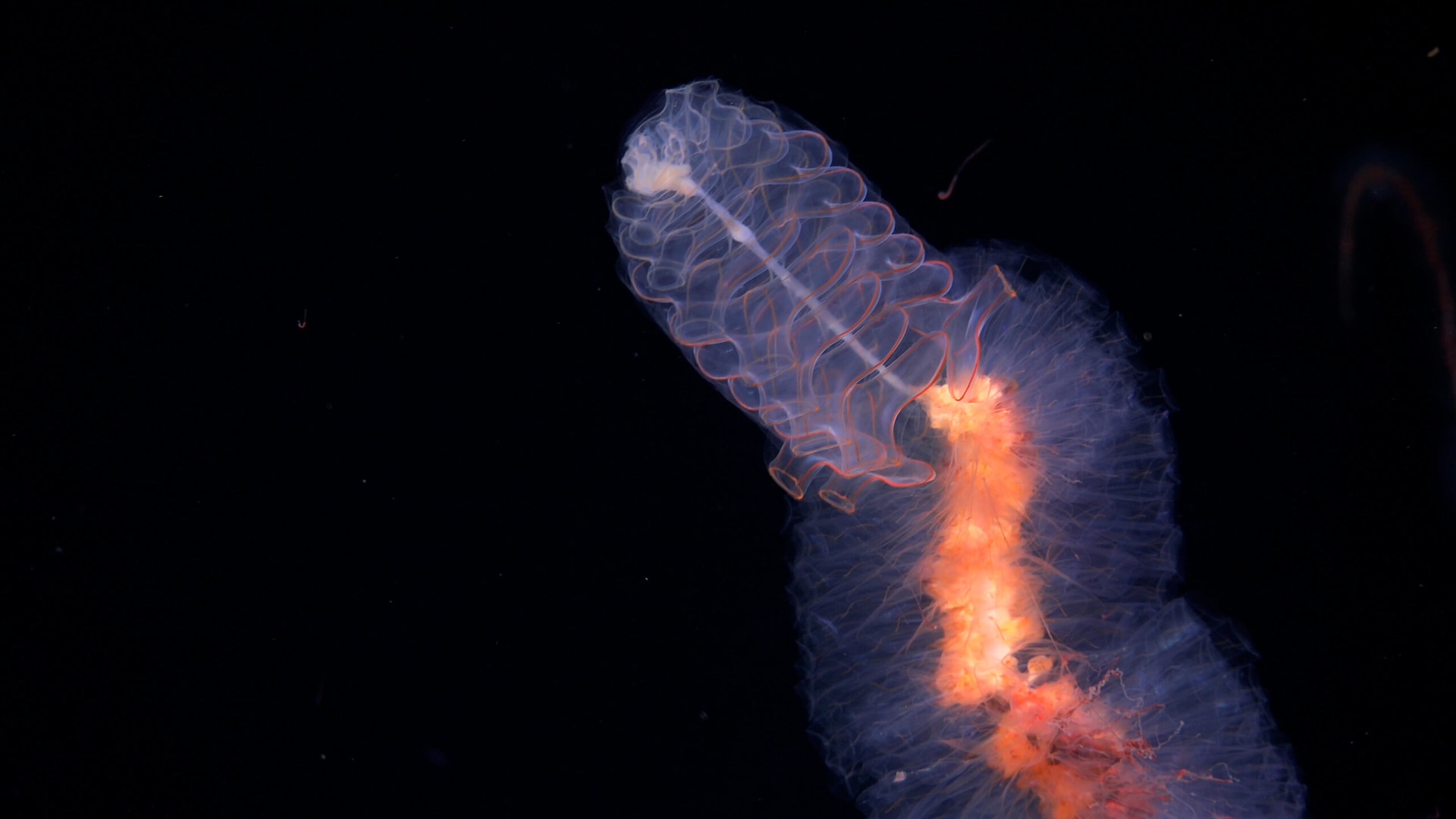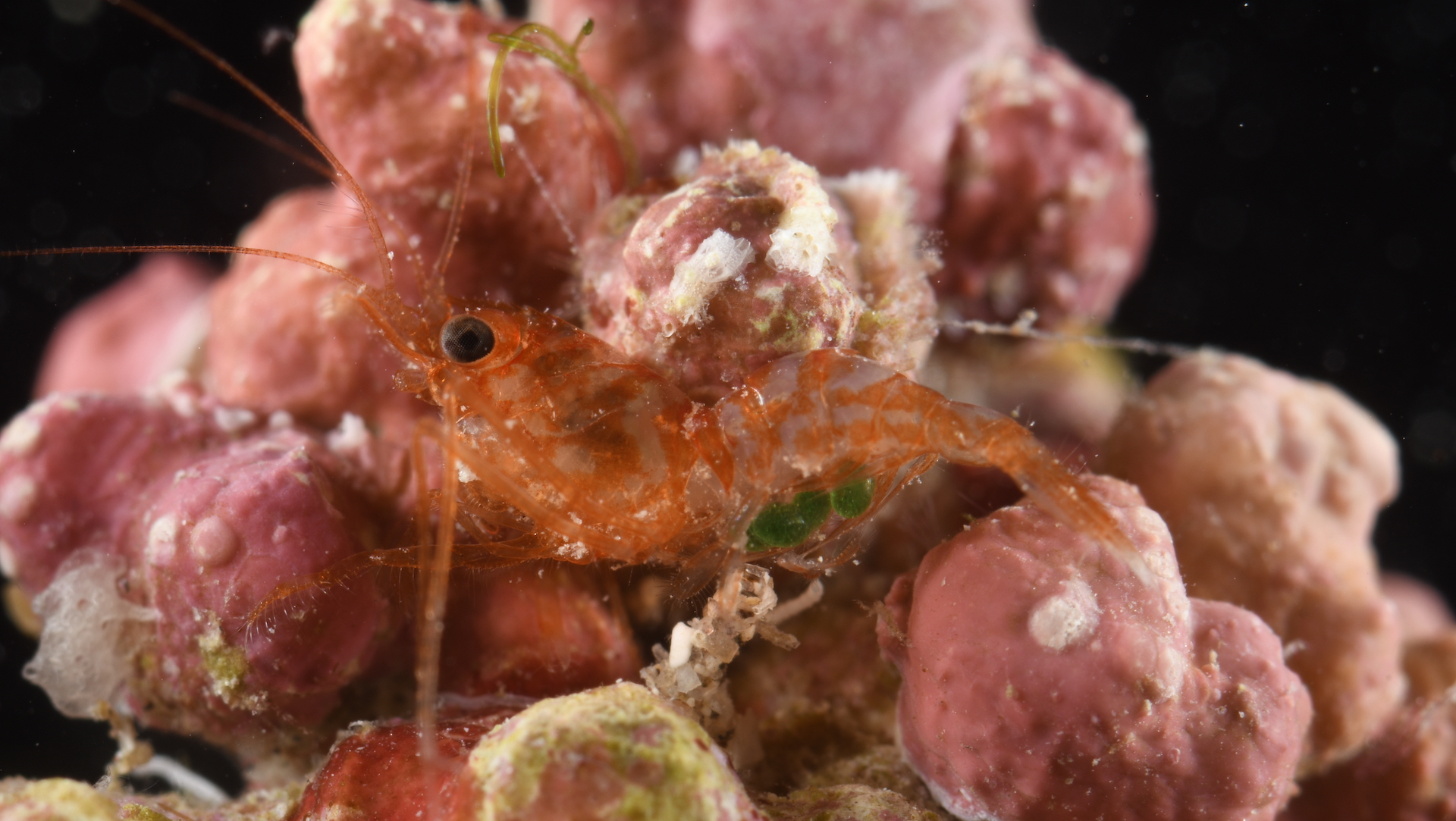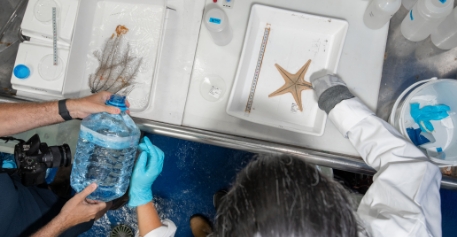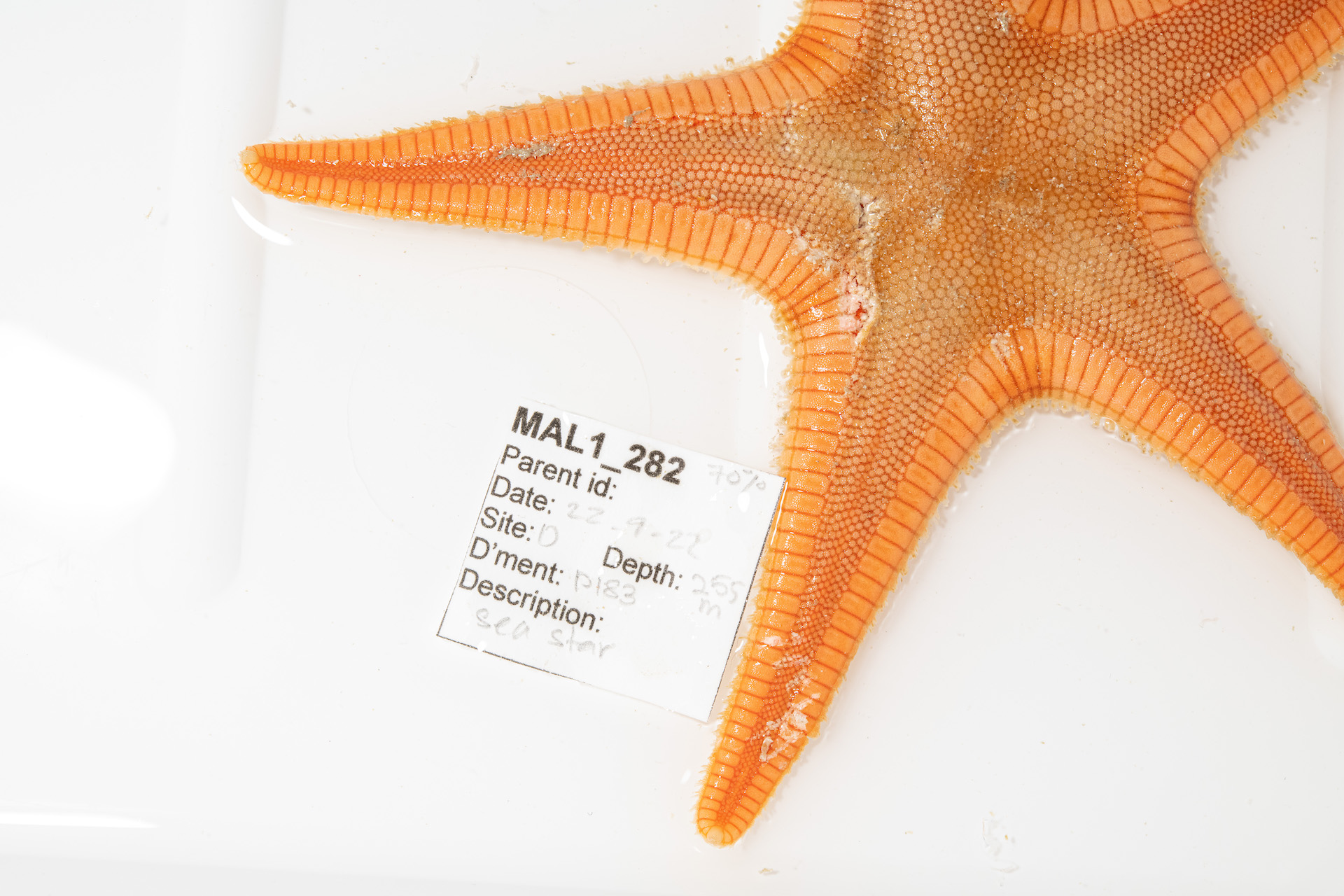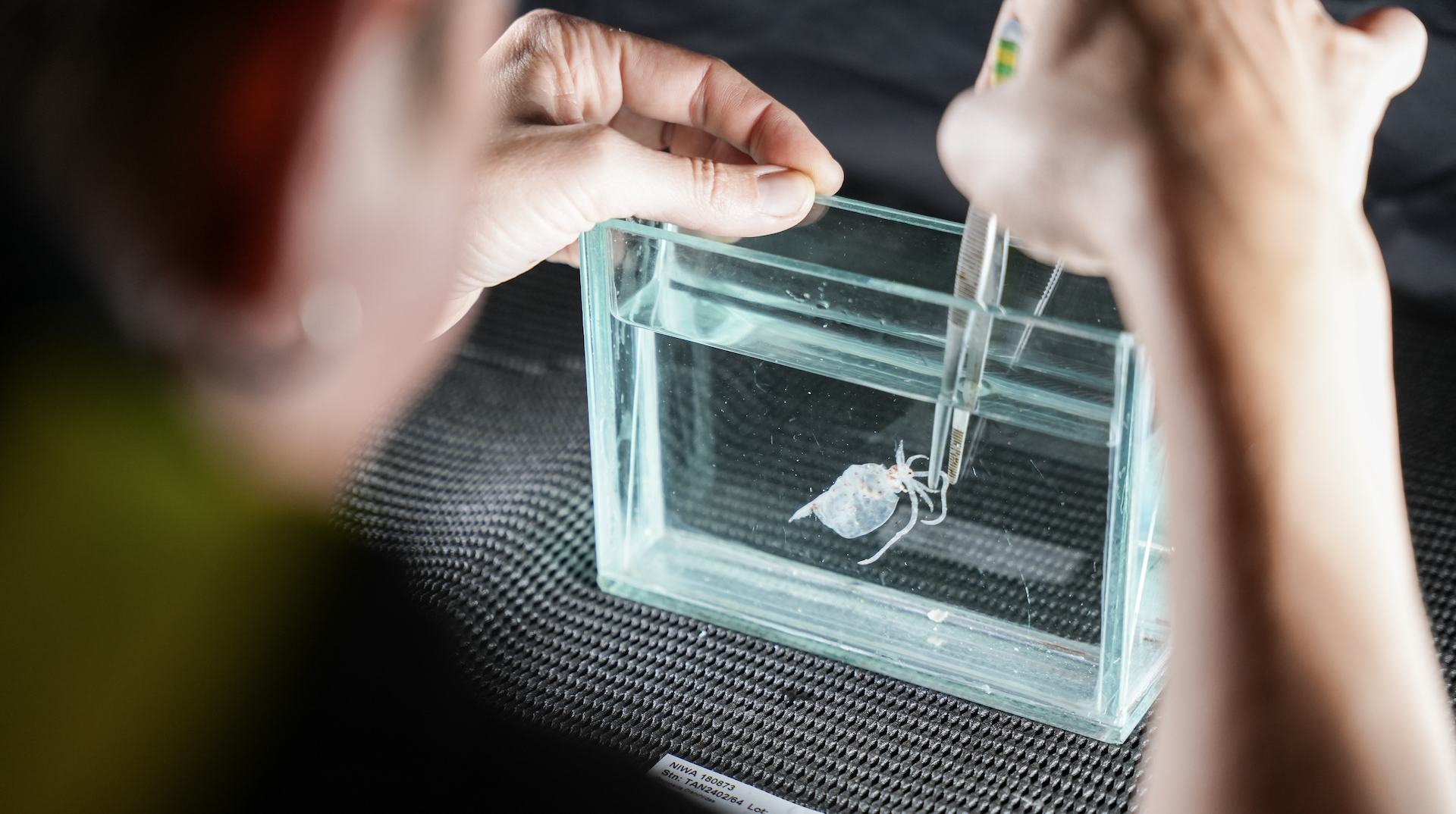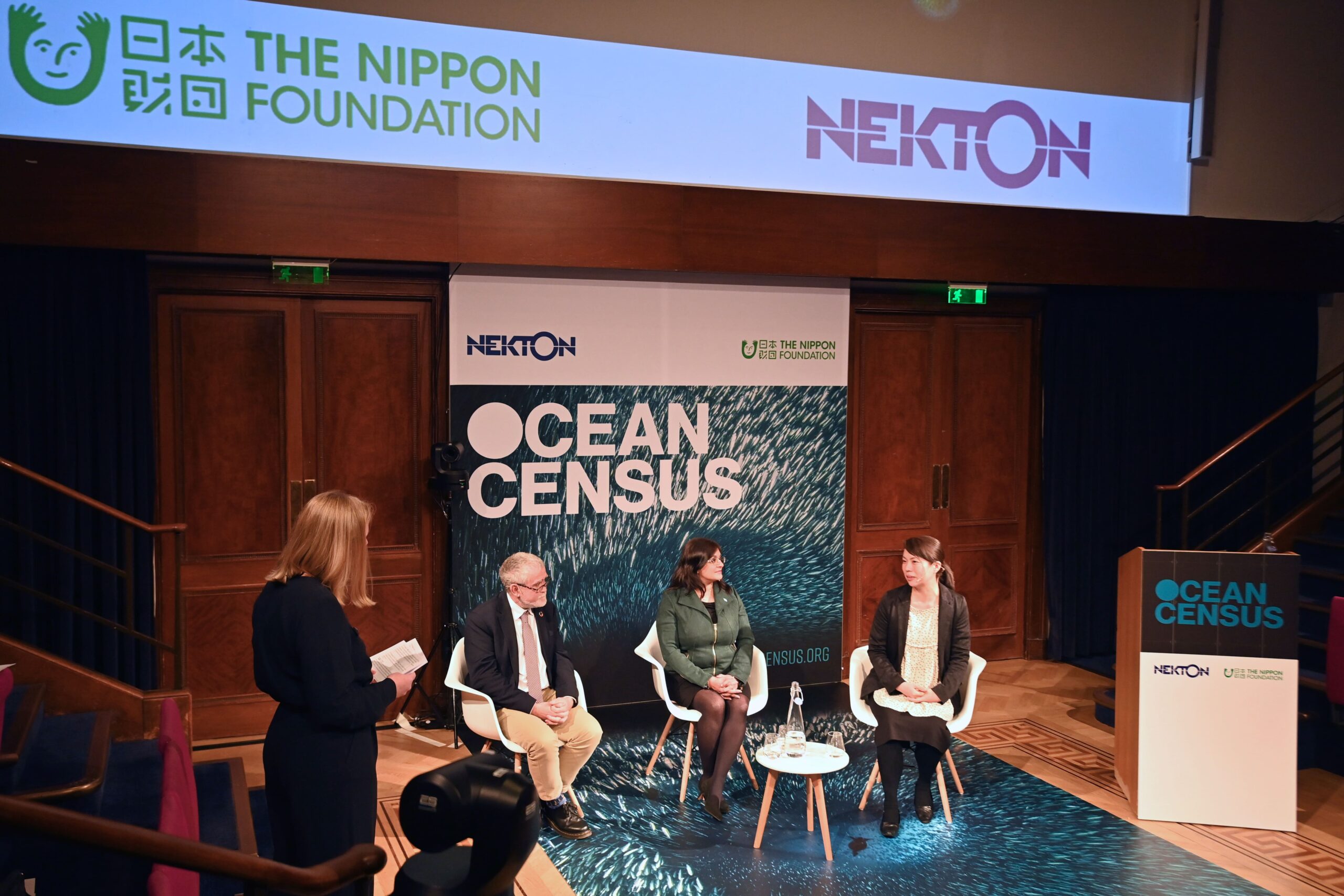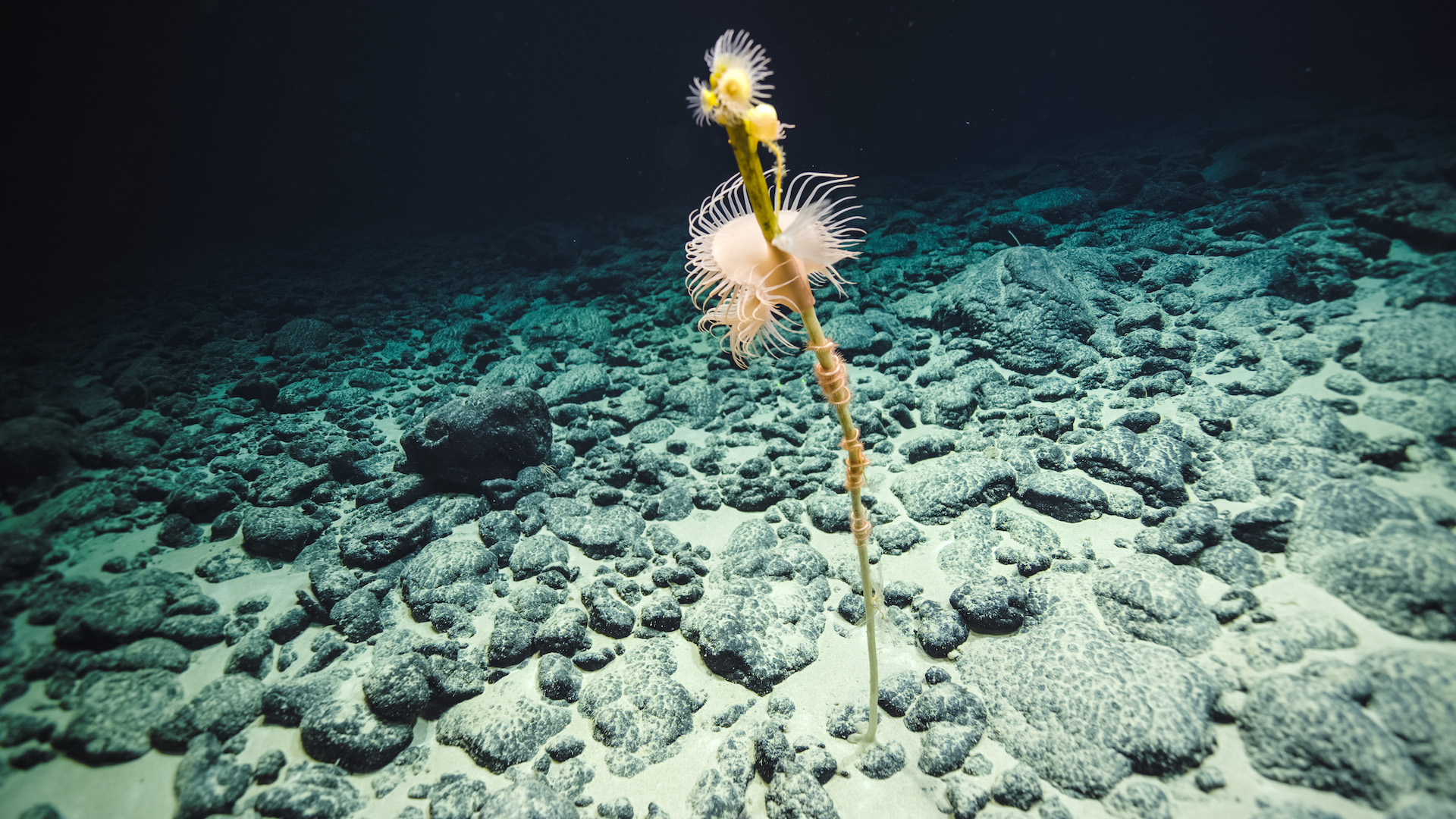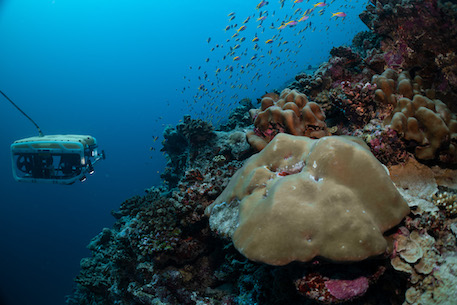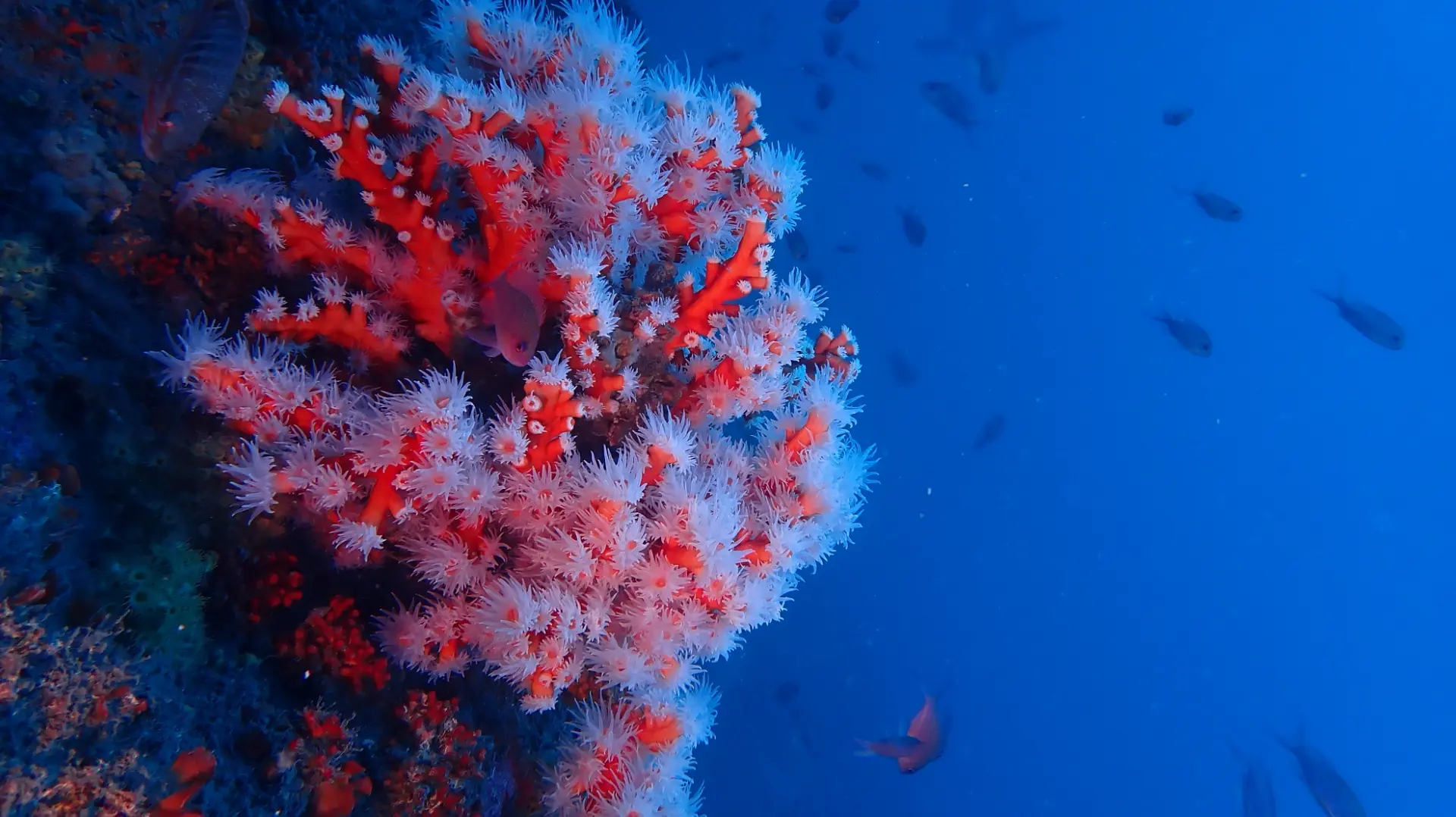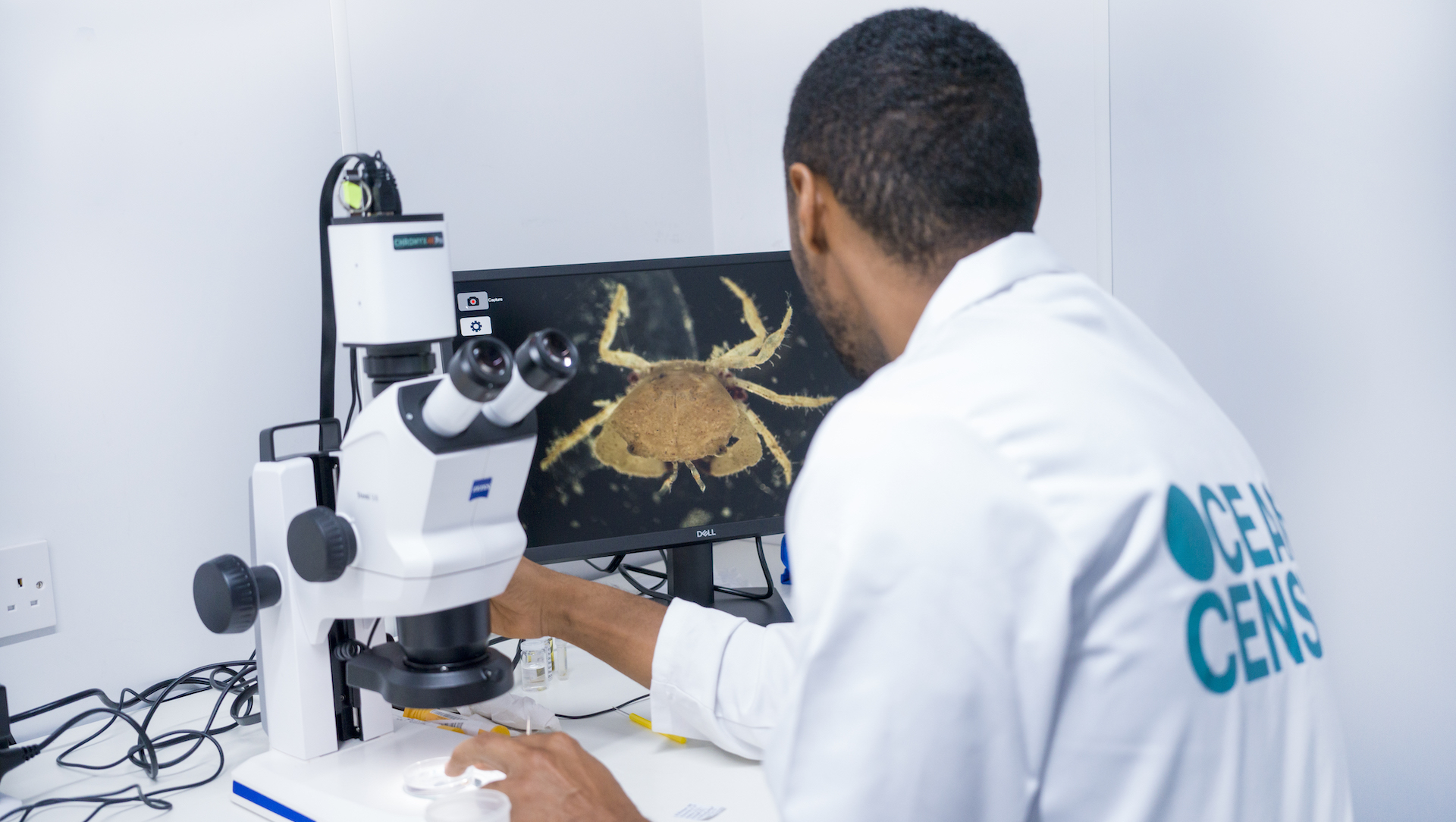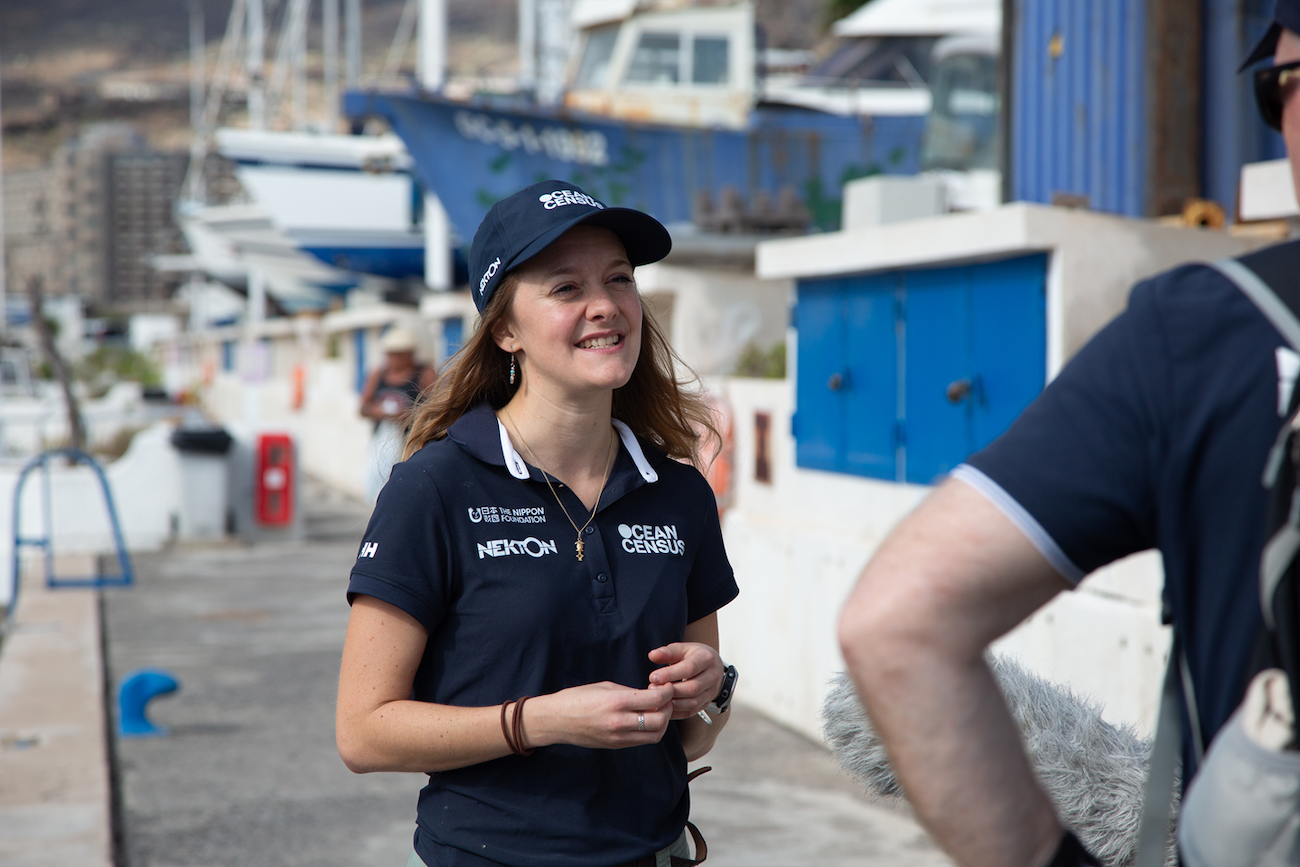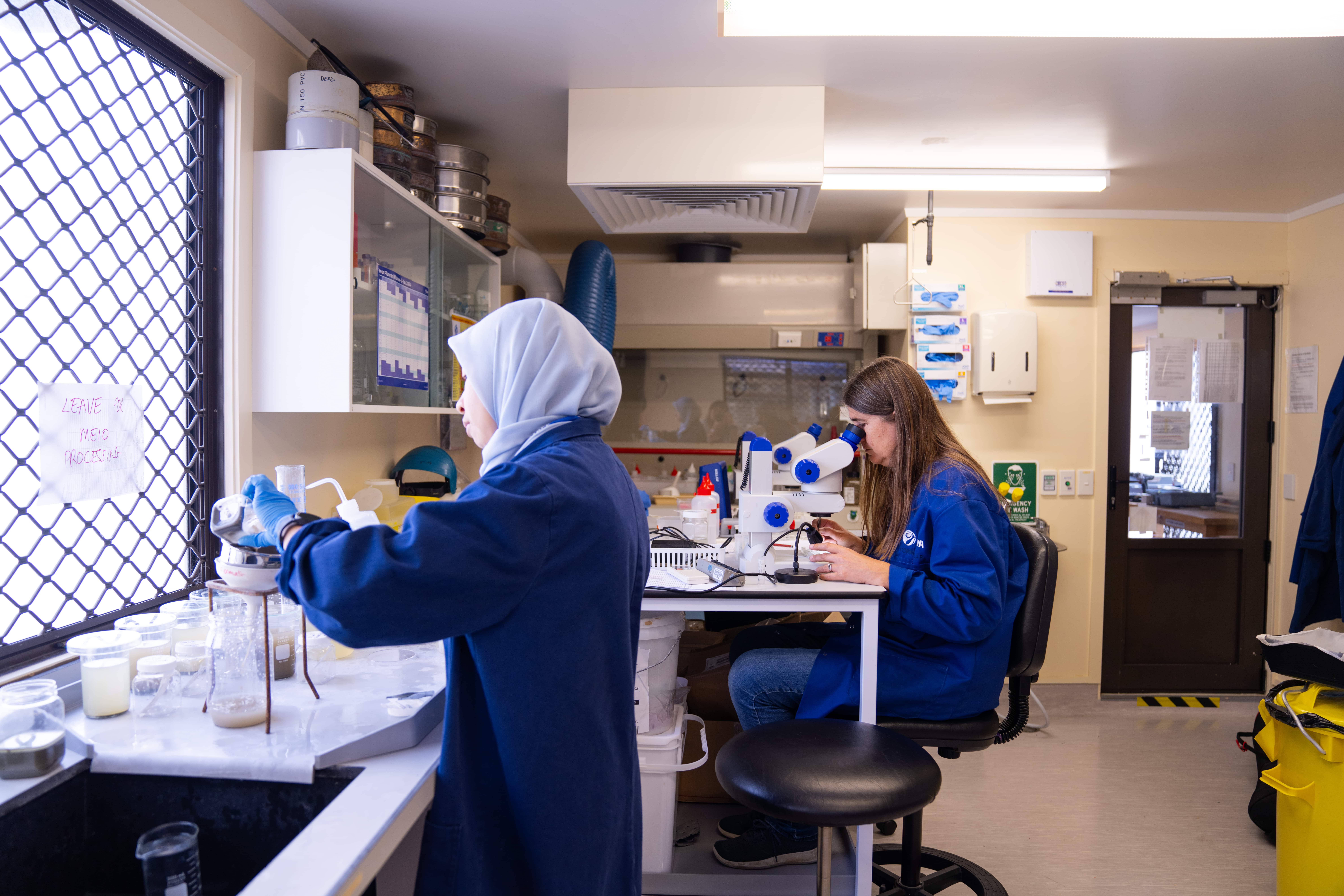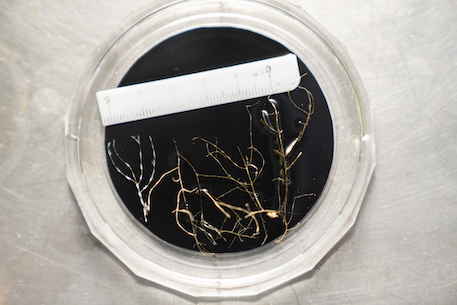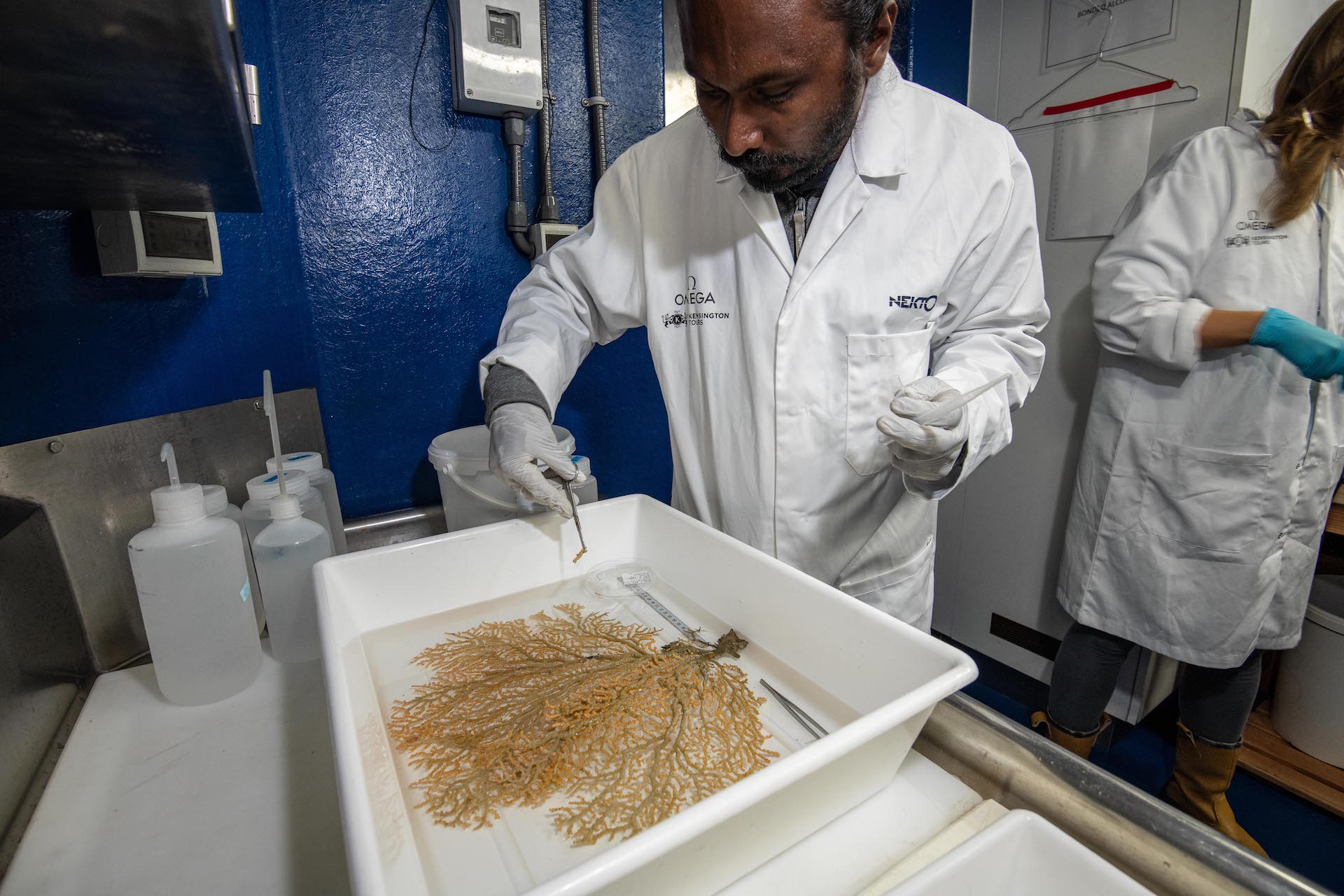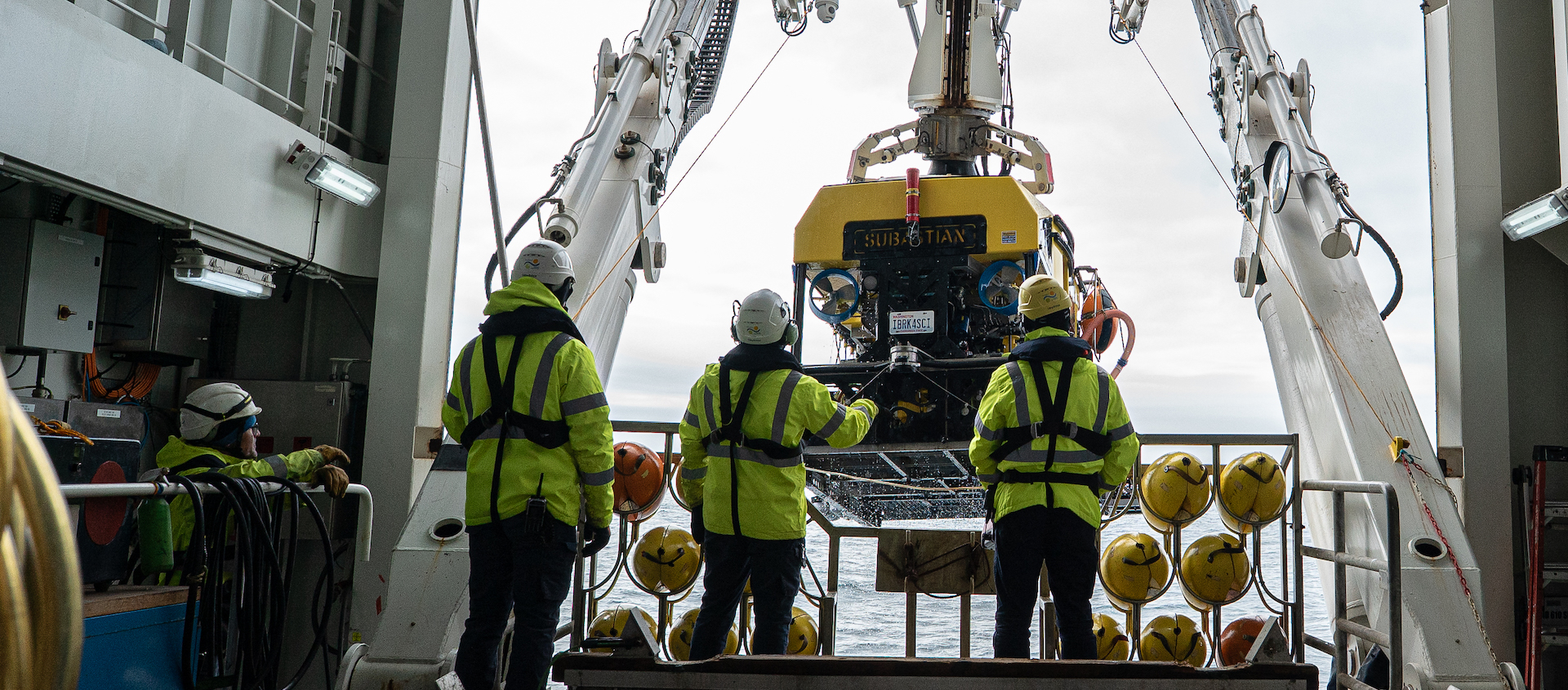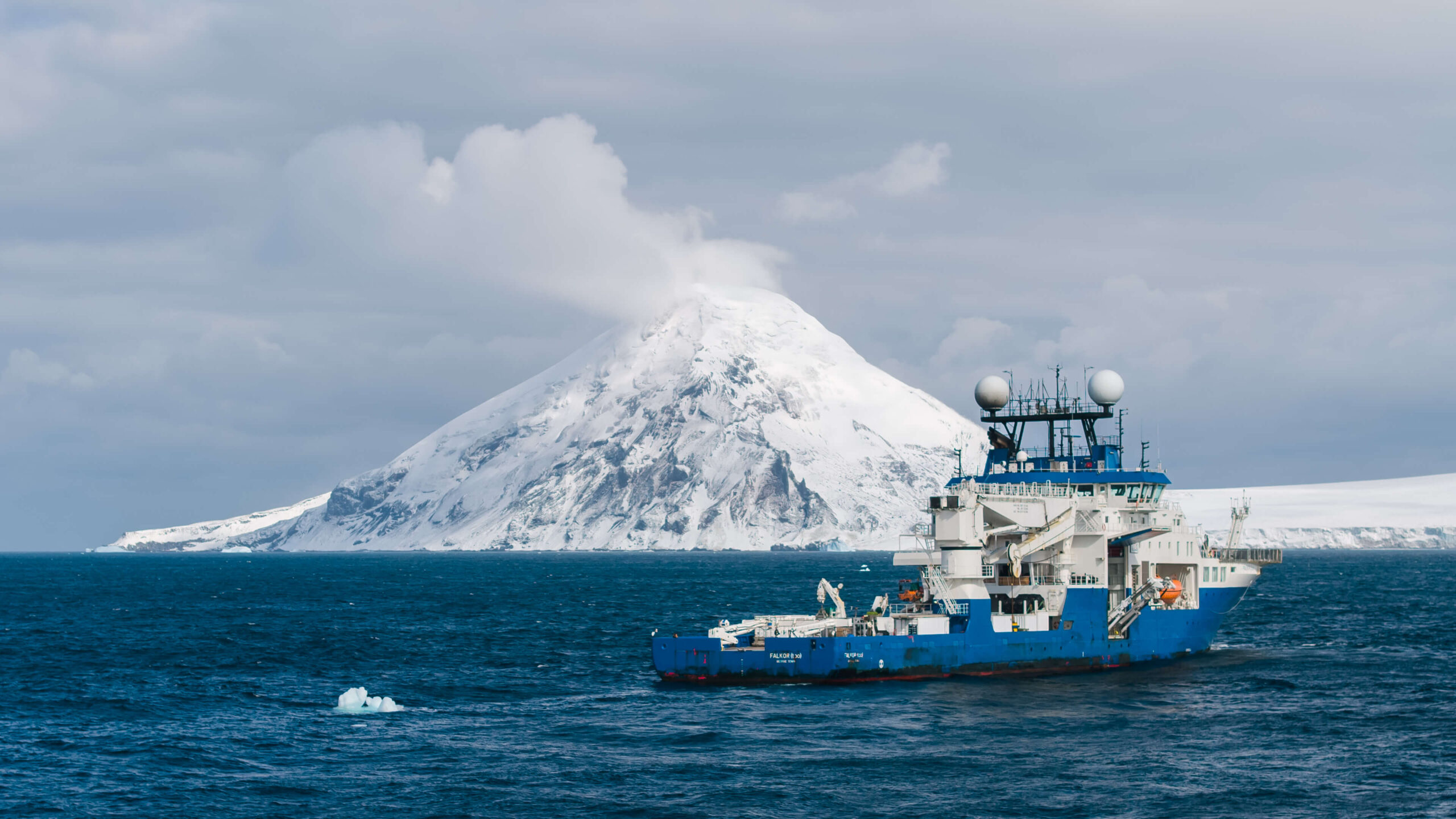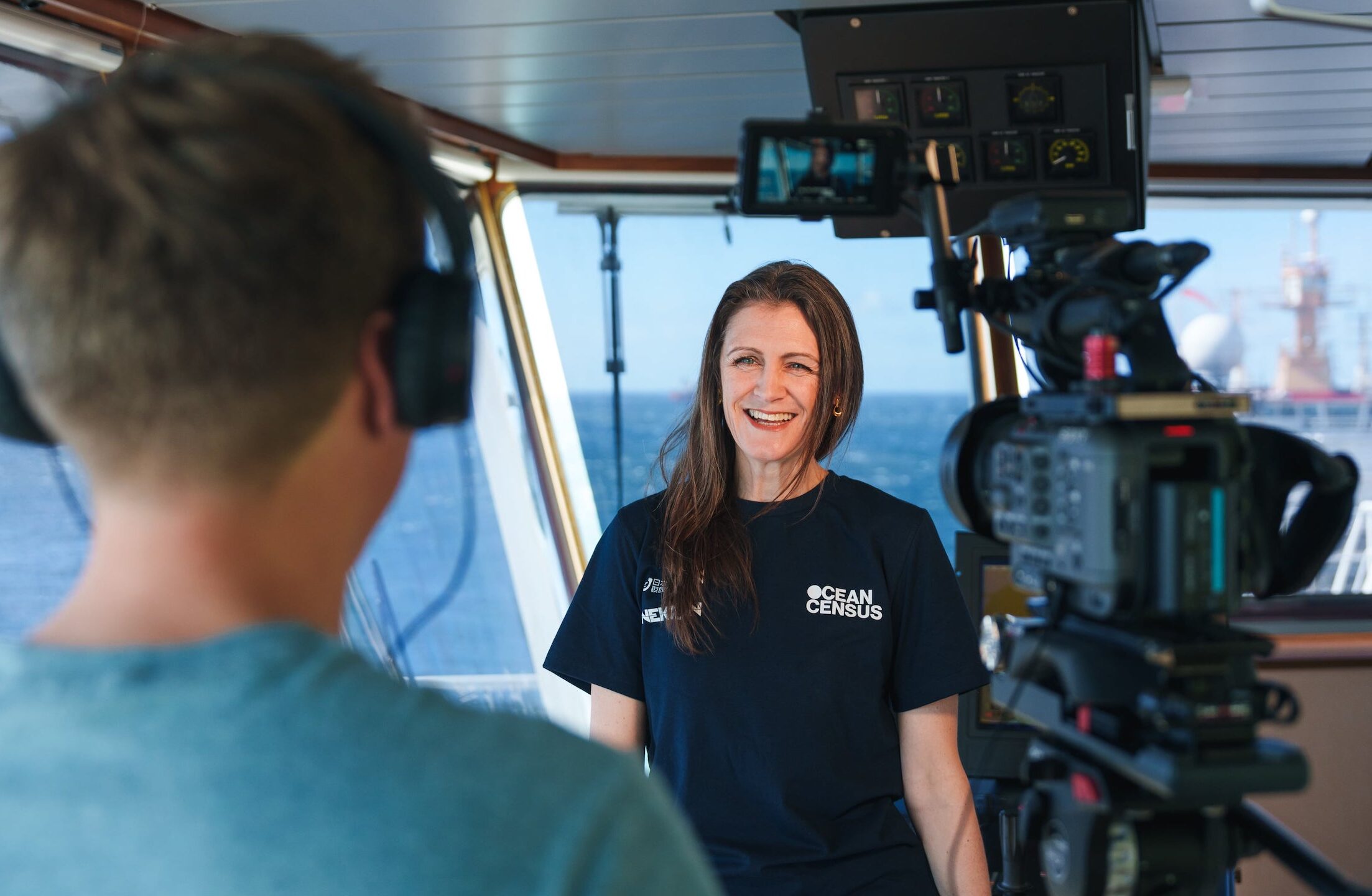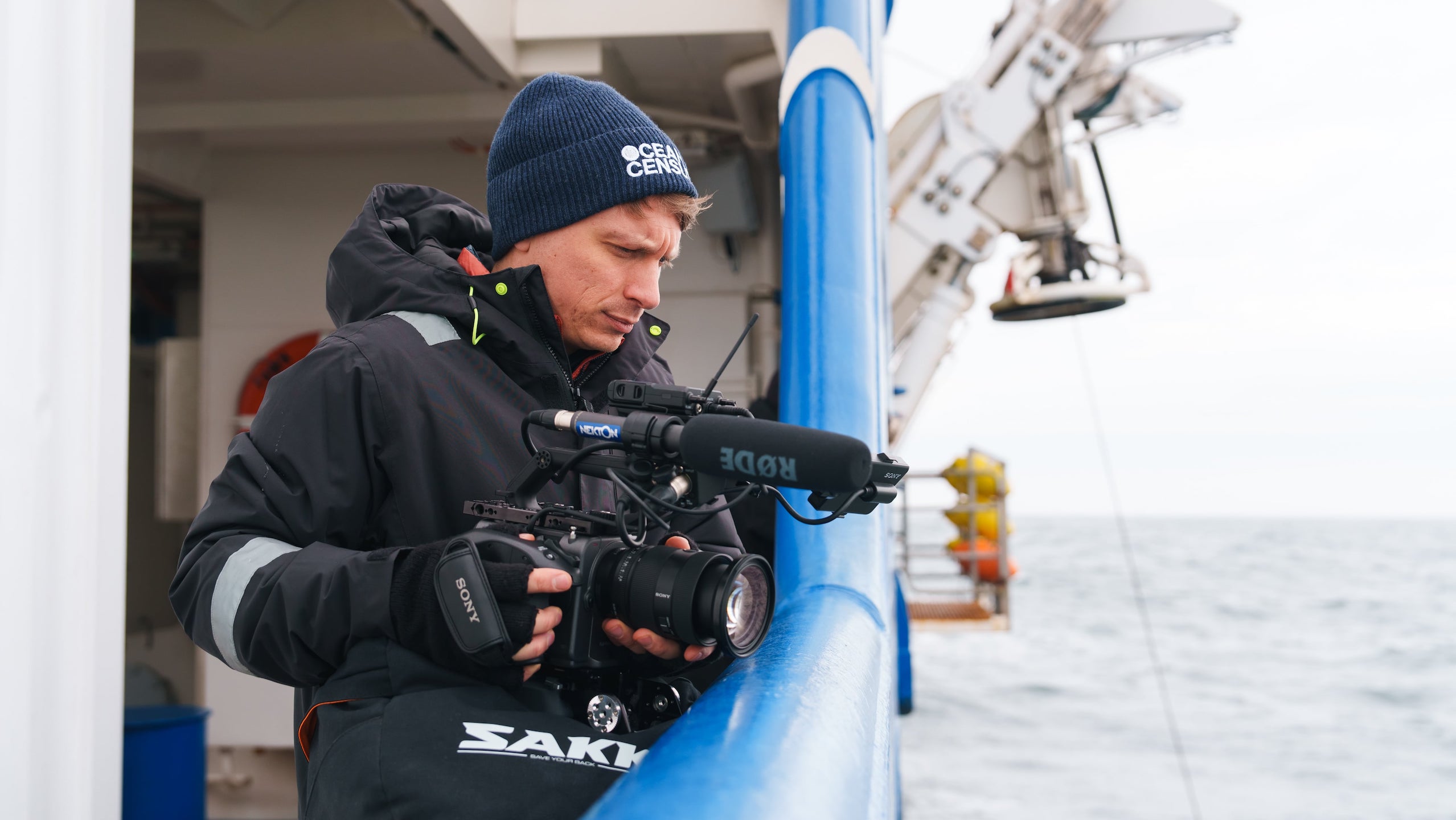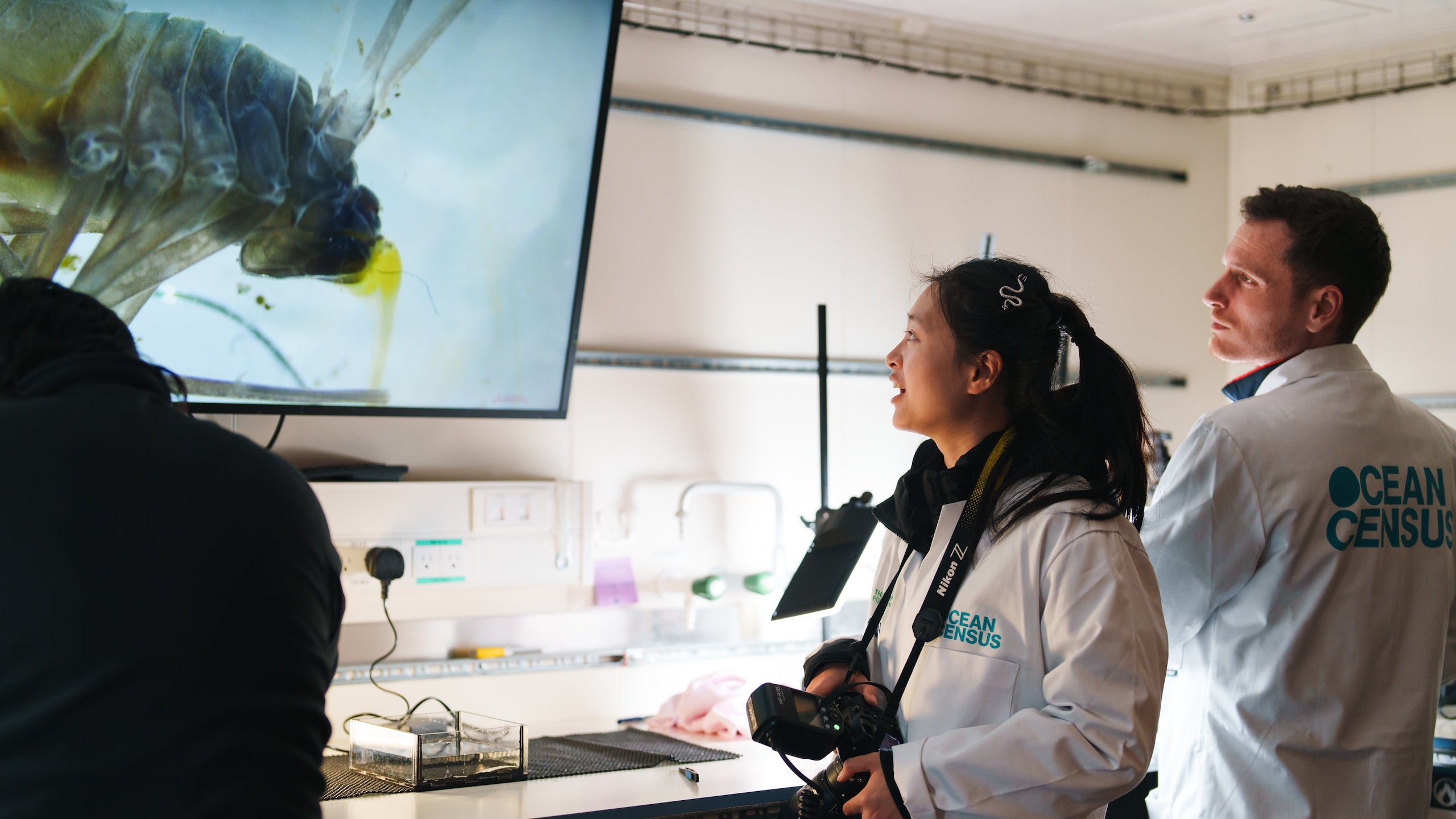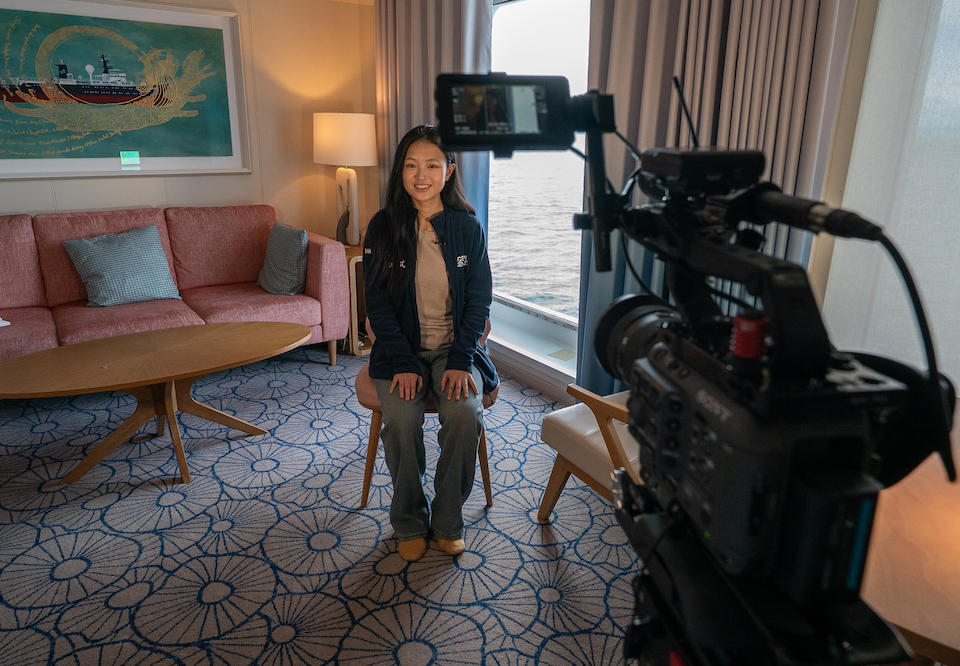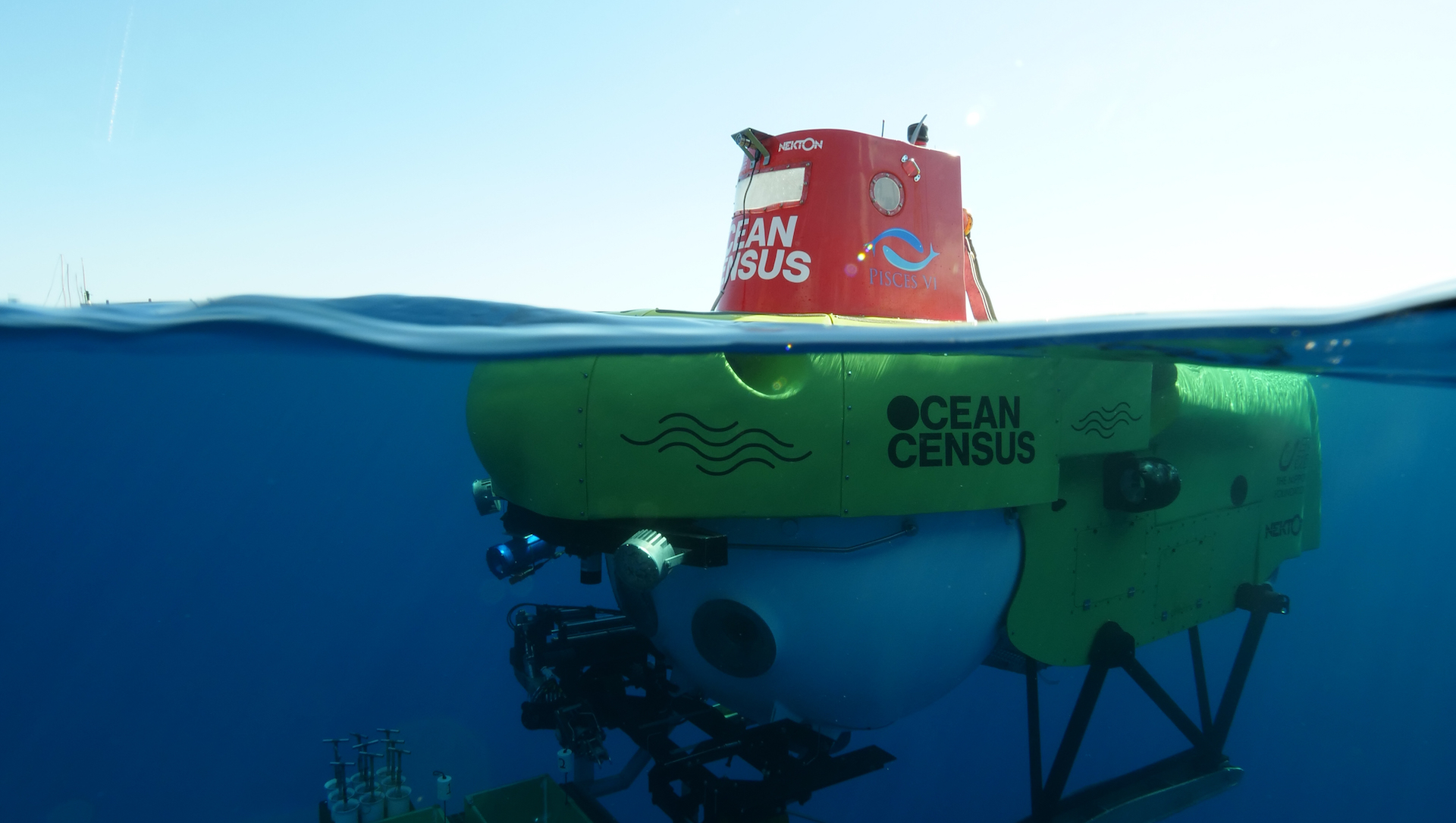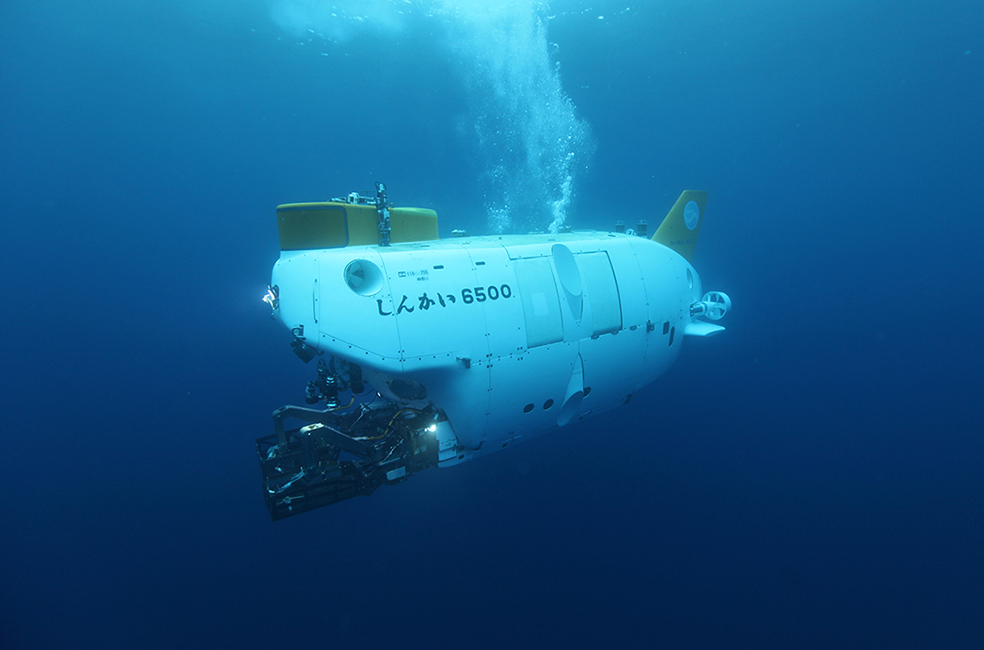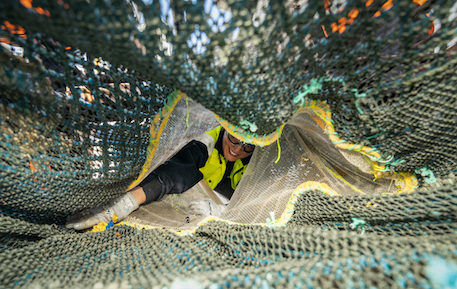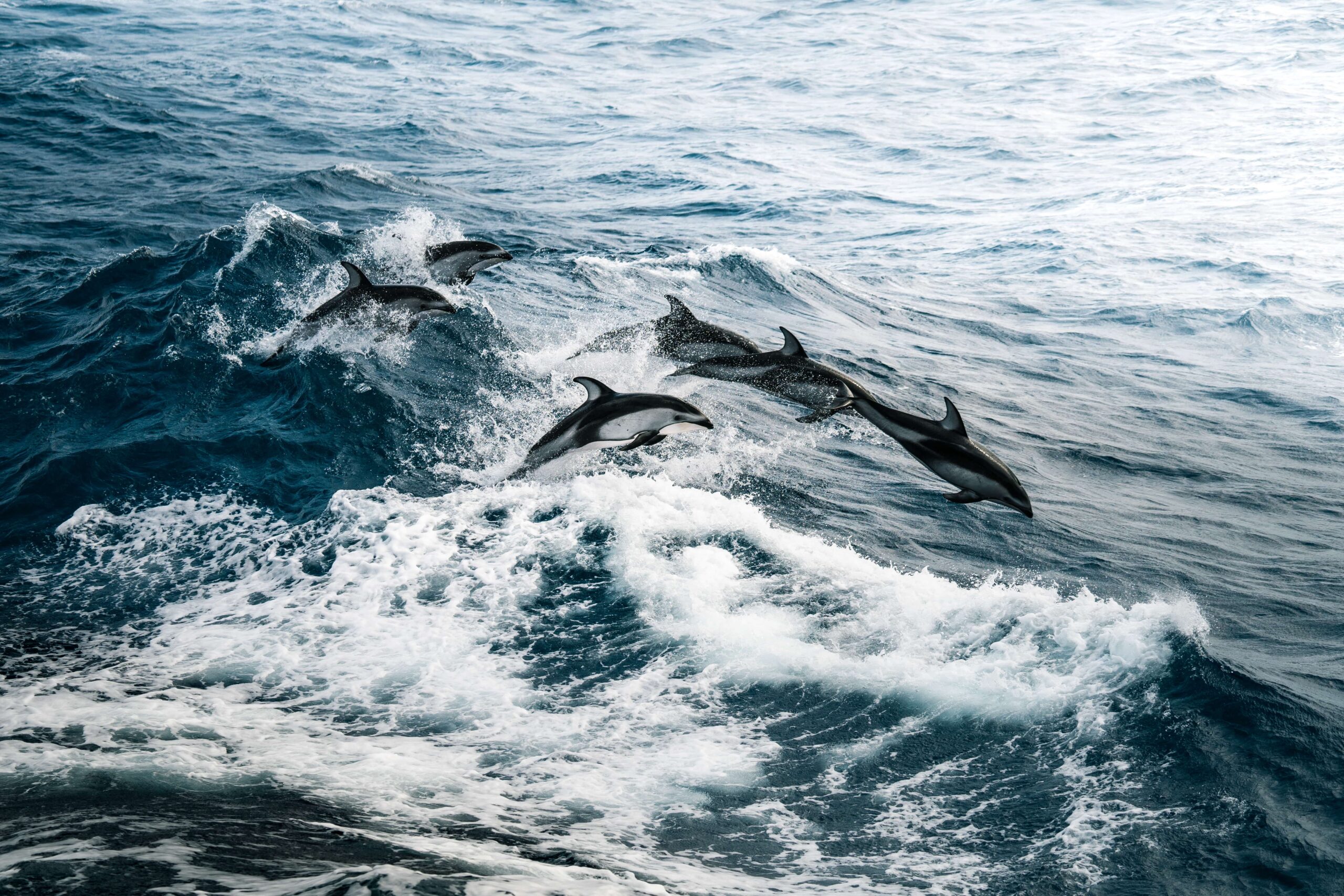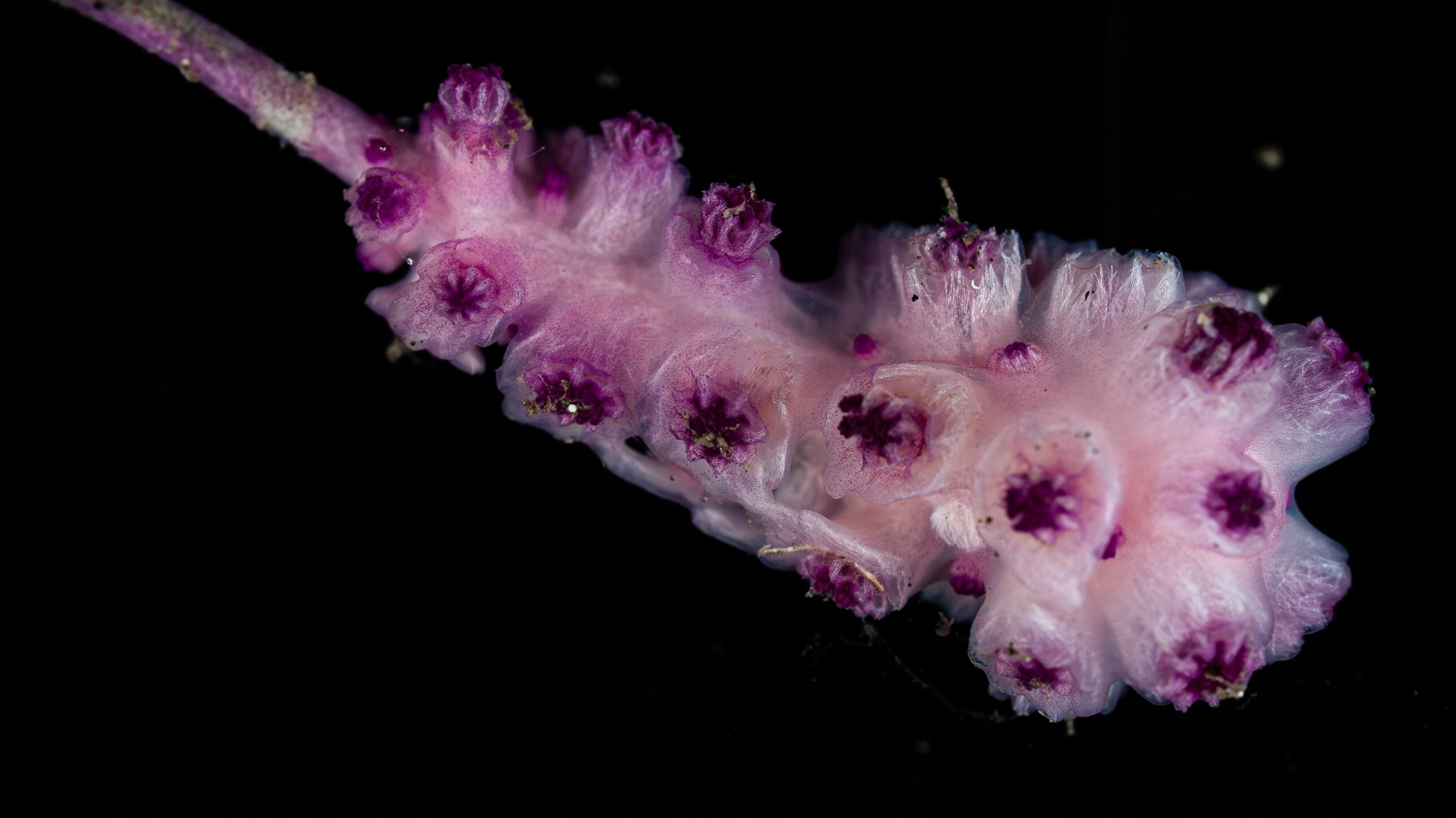
NGOs & Civil Society Organisations
Turn scientific discovery into planetary action
The Ocean Census is reimagining discovery – fast, open, collaborative, equitable and at scale – operating in high priority regions to advance knowledge, empower conservation and strengthen capacity.
Non-governmental, civil society and non-profit organizations play a critical role – turning the scientific discoveries of ocean life into action.
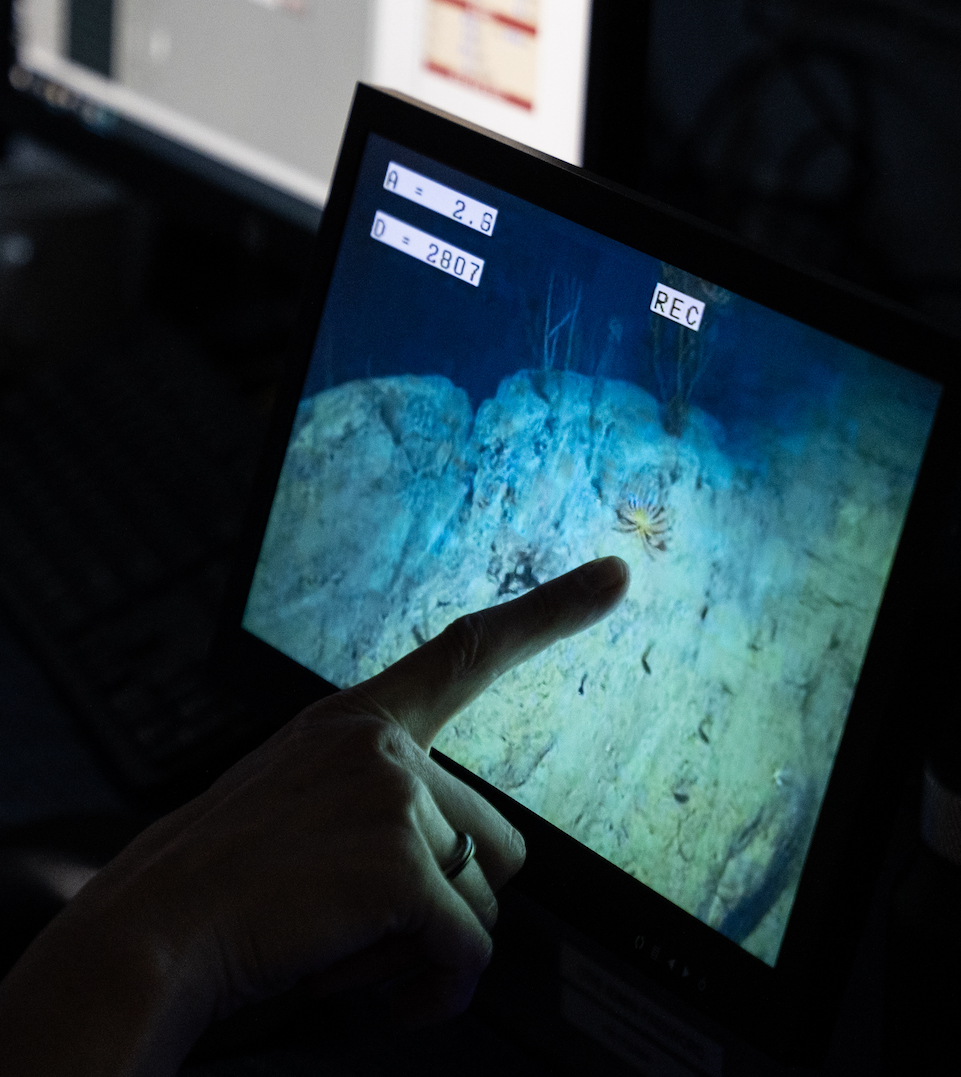


From science to policy and impact – join the Census and galvanise national and international programs to protect biodiversity, advance our knowledge of ocean life and deepen public and policy engagement and action.
Why partner with
the Census?
Drive Impact with Ocean Census
Use New Species Data to Strengthen Conservation
Support marine spatial planning using the latest species distribution and biodiversity data; enhance ecosystem health assessments with new insights into marine species and their habitats; and inform Marine Protected Area (MPA) design and expansion based on newly identified biodiversity hotspots.
Apply Ocean Census Research to Policy & Advocacy
Collaborate on policy briefs, impact reports, and conservation strategies; provide science-backed recommendations for national and global ocean governance frameworks; and use new species discoveries to highlight the need for stronger biodiversity protections.
Develop Educational & Public Engagement Initiatives
Work with Ocean Census to develop outreach materials for schools, universities, and public audiences; help communicate the importance of marine species discovery through media, storytelling, and citizen science programmes; and use the Ocean Census findings to strengthen public awareness campaigns on ocean health and sustainability.
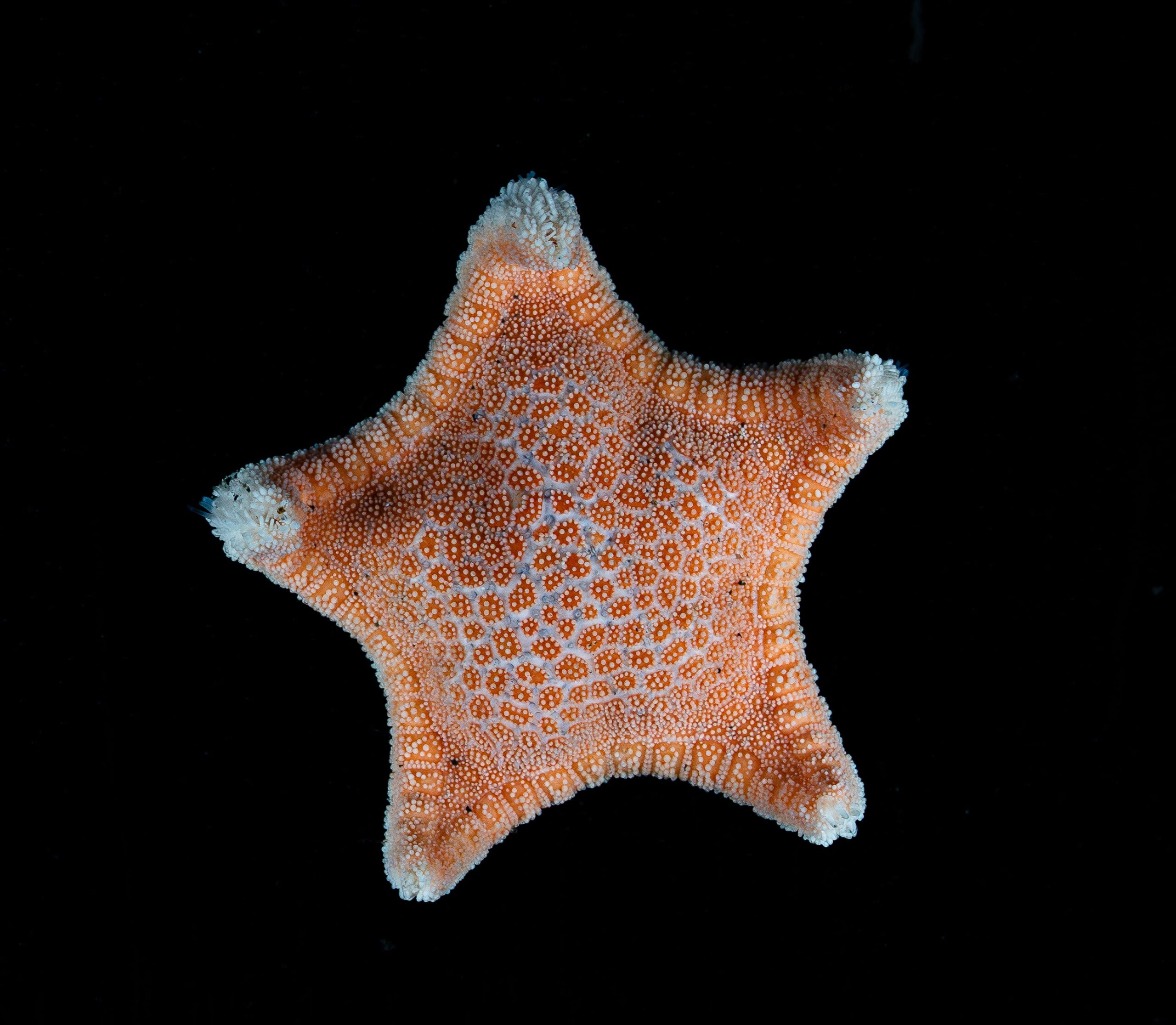
“We have a short window of opportunity, perhaps the next ten years, when the decisions we all make will likely affect the next thousand or even ten thousand years. Some people are saying ‘it’s time to go big or go home’. We’ve chosen to go big, and we hope the giant leaps in knowledge we can make with the discovery of ocean life can help put us on a better track towards a positive future for people and the planet.”
Oliver Steeds, Ocean Census Director
Resources
Publications
Access peer-reviewed studies, taxonomic descriptions, and species discovery reports from Ocean Census and its global network of researchers.
National Policy Briefs
Coming Soon
Expedition & Workshop Reports
Coming Soon
Biodiversity Data Platform
Explore some of the remarkable species uncovered by the Ocean Census Science Network, and access the full database of discoveries through the Ocean Census Biodiversity Data Platform.
Latest News
Stay up to date with the newest discoveries, breakthroughs, and updates from the world’s largest mission to explore ocean life.
Press Area
We invite journalists, filmmakers, and media professionals to cover our discoveries and collaborate on storytelling.
Get In Touch
Join the census
An Alliance of scientists, governments, marine research institutes, museums, philanthropy, technology, media and civil society partners.
